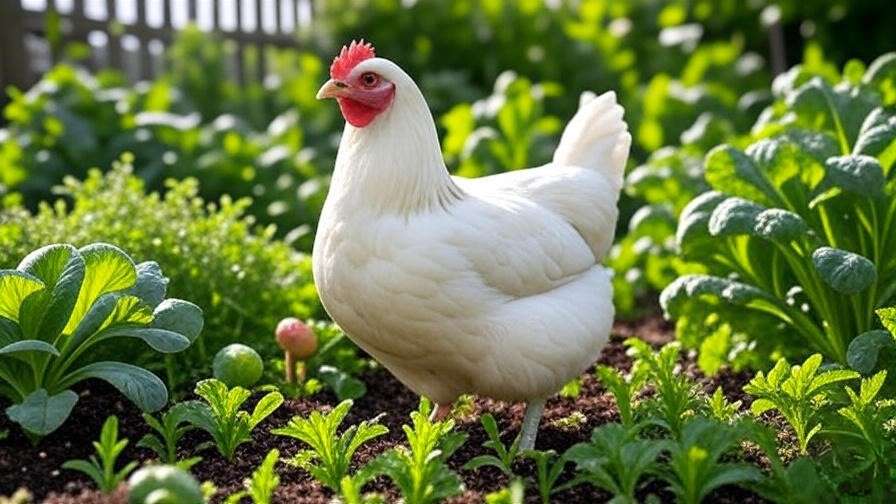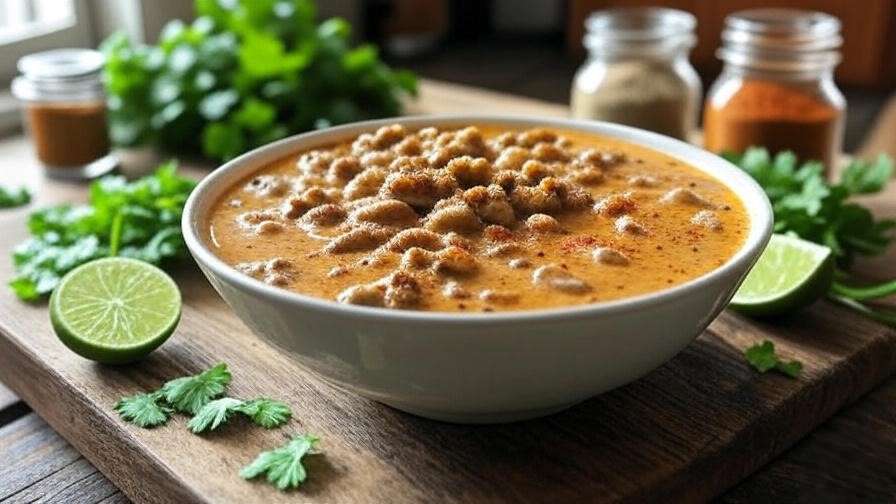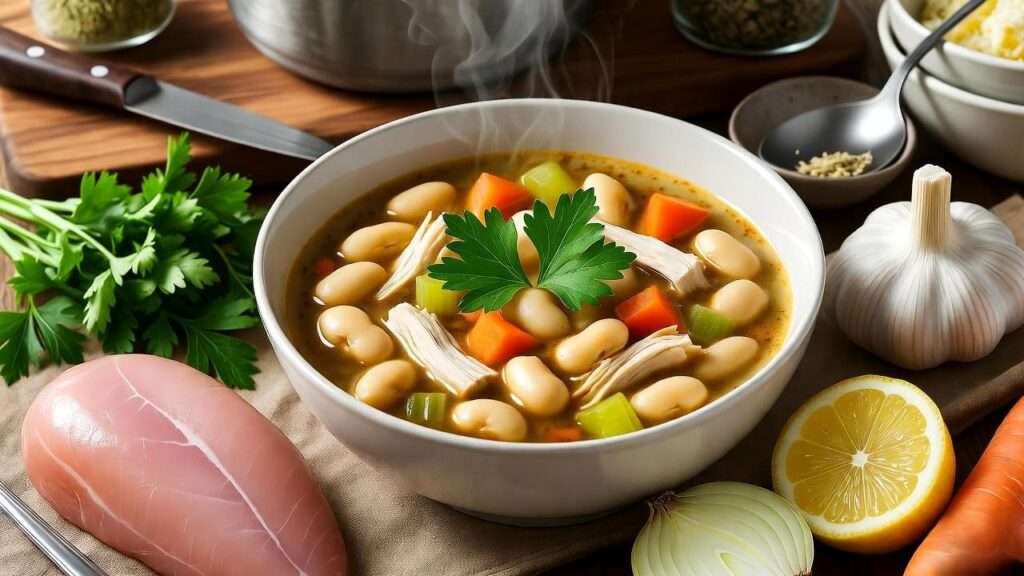Picture this: your Passover Seder table is adorned with vibrant dishes, the aroma of herb-roasted plant-based chicken filling the air, and your guests eagerly awaiting the first sip of wine. But what white wine with Passover chicken will elevate this meal to unforgettable? Choosing the perfect white wine for a plant-based Seder can feel daunting, especially when balancing kosher requirements and diverse dietary preferences. Fear not—this comprehensive guide delivers expert insights, practical tips, and curated wine recommendations to ensure your plant-based Passover chicken shines. Whether you’re hosting a traditional or modern Seder, we’ll help you craft a memorable, inclusive dining experience.
As a plant-based diet specialist with years of experience in kosher cuisine and wine pairing, I’ve crafted this article to address your needs with authority and precision. Let’s dive into the art of pairing white wine with plant-based Passover chicken, ensuring every sip and bite harmonizes beautifully.
Why Pairing White Wine with Passover Chicken Matters
The Role of Wine in Passover Seders
Wine holds a sacred place in Passover traditions, symbolizing joy, freedom, and the four promises of redemption. The Seder’s four cups of wine are more than ritual—they enhance the meal’s flavors, bringing guests together in celebration. For plant-based Seders, where traditional chicken is replaced with vegan alternatives, the right white wine can elevate the experience, complementing the dish’s unique flavors while honoring kosher traditions.
Challenges of Pairing Wine with Plant-Based Chicken
Plant-based chicken, whether made from seitan, tofu, or innovative products like Beyond Meat, differs significantly from traditional poultry. Its texture can range from tender to chewy, and its flavor often leans on herbs, spices, or umami notes rather than the rich fattiness of meat. This makes pairing trickier—too bold a wine can overwhelm delicate flavors, while a lackluster choice may fall flat. Additionally, Passover’s strict kosher rules require wines free of chametz (leavened products), adding another layer of complexity.
Benefits of Choosing the Right White Wine
A well-chosen white wine enhances plant-based chicken by balancing its flavors—think crisp acidity cutting through savory herbs or subtle sweetness complementing a citrus glaze. The right wine creates harmony on the palate, elevates the Seder’s elegance, and ensures inclusivity for plant-based and kosher-keeping guests. By selecting the perfect bottle, you’ll craft a dining experience that’s both delicious and memorable.
Understanding Plant-Based Passover Chicken Dishes
Popular Plant-Based Chicken Alternatives
Plant-based chicken options abound, each with distinct flavors and textures that influence wine pairing:
- Seitan: Known for its chewy, meat-like texture, seitan often absorbs savory marinades like garlic, rosemary, or soy-based sauces.
- Tofu: Versatile and mild, tofu can be roasted or braised, taking on flavors from herbs, lemon, or spices.
- Jackfruit: With a slightly sweet, fibrous texture, jackfruit shines in pulled or shredded preparations with tangy or smoky glazes.
- Commercial Products: Brands like Beyond Meat or Impossible Foods offer pre-seasoned plant-based chicken with bold, savory profiles.
These alternatives cater to plant-based diets while aligning with kosher Passover guidelines, making them ideal for Seders.
Traditional Passover Chicken Preparations
Traditional Passover chicken dishes, like herb-roasted chicken or braised thighs with root vegetables, inspire plant-based adaptations. For example:
- Roasted Plant-Based Chicken: Seitan or tofu roasted with rosemary, thyme, and lemon zest mimics classic flavors.
- Braised Dishes: Jackfruit or plant-based chicken strips braised in a vegetable broth with carrots and onions offer rich, savory depth.
- Spiced Preparations: Tofu cutlets marinated with paprika, garlic, and citrus reflect Middle Eastern or Sephardic influences.
These dishes adhere to kosher laws, avoiding chametz and non-kosher ingredients, while delivering festive flavors.
Key Flavor Profiles to Consider
When pairing wine, consider the dish’s dominant flavors:
- Herbaceous: Rosemary, thyme, or parsley call for wines with green, grassy notes.
- Citrusy: Lemon or orange glazes pair well with bright, acidic wines.
- Savory/Umami: Soy-based marinades or mushroom-infused dishes need wines with balanced acidity or subtle sweetness.
- Spiced: Paprika or cumin-spiced dishes benefit from aromatic or slightly sweet wines.
Understanding these profiles ensures your wine choice enhances, rather than overshadows, the dish.
What Makes a White Wine Suitable for Passover?
Kosher Wine Requirements for Passover
Kosher wines for Passover must meet strict standards: they’re produced under rabbinical supervision, free of chametz, and often labeled “Kosher for Passover.” Unlike regular kosher wines, Passover wines avoid contact with non-kosher additives or equipment. Reputable brands like Baron Herzog, Bartenura, and Yarden offer reliable options, ensuring compliance with tradition while delivering quality.
White Wine Characteristics to Look For
When pairing with plant-based chicken, focus on these white wine traits:
- Acidity: Crisp acidity cuts through savory or rich flavors, refreshing the palate.
- Sweetness: A touch of sweetness complements spiced or citrusy dishes without overwhelming.
- Body: Light to medium-bodied wines suit plant-based dishes, avoiding heavy oakiness.
- Flavor Notes: Citrus, green apple, or herbaceous notes align with common Passover seasonings.
White wines are often preferred over reds for plant-based chicken due to their lighter profile, which complements rather than competes with delicate flavors.
Balancing Flavors for Plant-Based Diets
Plant-based dishes tend to be lighter than meat-based ones, requiring wines that enhance without overpowering. For example, a crisp Sauvignon Blanc highlights herbaceous notes in roasted seitan, while a lightly oaked Chardonnay complements a creamy tofu dish. Expert sommelier Rachel Cohen, who specializes in kosher wines, notes, “Plant-based Passover dishes shine with wines that balance acidity and fruit, creating a harmonious pairing that respects both tradition and innovation.”
Top White Wine Recommendations for Passover Chicken
Crisp and Light White Wines
- Sauvignon Blanc
- Profile: Bright, with herbaceous notes of green apple, citrus, and grass.
- Pairing: Perfect for herb-roasted seitan or tofu with rosemary and lemon.
- Recommendation: Baron Herzog Sauvignon Blanc (Kosher for Passover), widely available at kosher retailers like KosherWine.com. Its zesty acidity and herbal undertones complement light, savory dishes.
- Pinot Grigio
- Profile: Crisp and clean, with pear, apple, and subtle mineral notes.
- Pairing: Ideal for mild tofu cutlets or jackfruit with subtle seasonings.
- Recommendation: Bartenura Pinot Grigio (Kosher for Passover), known for its refreshing lightness, available at Total Wine and kosher markets.

Rich and Aromatic White Wines
- Chardonnay
- Profile: Unoaked versions offer apple and citrus; lightly oaked ones add creamy, vanilla notes.
- Pairing: Complements creamy or savory braised plant-based chicken dishes.
- Recommendation: Herzog Lineage Chardonnay (Kosher for Passover), with balanced fruit and subtle oak, available at online retailers like WineChateau.com.
- Viognier
- Profile: Aromatic, with peach, apricot, and floral notes.
- Pairing: Enhances spiced or fruit-glazed plant-based chicken, like jackfruit with an orange glaze.
- Recommendation: Yarden Viognier (Kosher for Passover), offering lush fruitiness, found at specialty kosher wine shops.
Sparkling White Wines
- Prosecco or Sparkling Wine
- Profile: Effervescent, with apple, pear, and a crisp finish.
- Pairing: Cleanses the palate for lighter dishes or serves as a festive aperitif.
- Recommendation: Bartenura Prosecco (Kosher for Passover), a bubbly delight available at major retailers like BevMo.
| Wine | Flavor Profile | Best Pairing | Where to Buy |
|---|---|---|---|
| Baron Herzog Sauvignon Blanc | Citrus, herbaceous | Herb-roasted seitan | KosherWine.com |
| Bartenura Pinot Grigio | Pear, mineral | Mild tofu cutlets | Total Wine |
| Herzog Lineage Chardonnay | Apple, subtle oak | Creamy braised dishes | WineChateau.com |
| Yarden Viognier | Peach, floral | Spiced jackfruit | Specialty kosher shops |
| Bartenura Prosecco | Apple, bubbly | Light dishes or aperitif | BevMo |
Pairing Tips for a Perfect Plant-Based Passover Seder
Matching Wine to Cooking Methods
The way you prepare your plant-based chicken significantly influences the ideal wine pairing. Here’s how to match wines to common Passover cooking methods:
- Roasted Plant-Based Chicken: Roasting seitan or tofu with herbs like rosemary, thyme, or garlic creates savory, aromatic flavors. A crisp Sauvignon Blanc, with its herbaceous and citrusy notes, complements these dishes by enhancing the herbal profile without overpowering it. For example, pair a roasted seitan “cutlet” with Baron Herzog Sauvignon Blanc for a refreshing balance.
- Braised or Stewed Dishes: Braising plant-based chicken, such as jackfruit in a vegetable broth with carrots and onions, yields rich, savory flavors. A lightly oaked Chardonnay, like Herzog Lineage, adds creamy depth that harmonizes with the dish’s umami notes.
- Grilled or Spiced Preparations: Grilled tofu or spiced jackfruit with paprika, cumin, or citrus glazes calls for aromatic wines like Viognier. Its peach and floral notes elevate the dish’s bold flavors, as seen with Yarden Viognier paired with a spiced plant-based chicken skewer.

Considering Side Dishes
Passover side dishes play a crucial role in wine pairing, as they share the plate with your plant-based chicken. Common sides include:
- Matzo-Based Dishes: Matzo kugel or matzo ball soup has starchy, neutral flavors. A crisp Pinot Grigio, like Bartenura’s, complements these without overwhelming their subtlety.
- Roasted Vegetables: Carrots, parsnips, or asparagus roasted with olive oil and herbs pair beautifully with Sauvignon Blanc, which mirrors their earthy and green notes.
- Charoset: This sweet apple-and-walnut dish benefits from a slightly sweet wine, such as a kosher Riesling, to balance its fruitiness, though Riesling wasn’t included in our main recommendations due to its less common use with chicken.
For a cohesive meal, choose a versatile wine like Sauvignon Blanc or Prosecco that pairs well with both the main dish and sides, ensuring a harmonious Seder experience.
Catering to Diverse Dietary Needs
A plant-based Seder often welcomes guests with varied dietary preferences, so inclusivity is key. Here are tips to accommodate everyone while maintaining kosher standards:
- Vegan Guests: Most kosher white wines are naturally vegan, as they avoid animal-derived fining agents. Verify with labels or contact producers like Baron Herzog for confirmation.
- Gluten-Free Needs: Plant-based chicken alternatives like tofu or jackfruit are gluten-free, but ensure side dishes avoid gluten-containing ingredients. Pair with a universally appealing wine like Bartenura Prosecco.
- Non-Alcoholic Options: For guests avoiding alcohol, offer kosher grape juice, such as Kedem, which mimics wine’s sweetness and pairs well with plant-based dishes.
Chef Miriam Levy, a kosher plant-based caterer, advises, “A successful Seder balances tradition with inclusivity. Choose wines and dishes that welcome all guests while honoring Passover’s spirit.”
How to Choose and Serve Wine for Your Seder
Where to Find Kosher White Wines
Finding kosher white wines for Passover is easier than ever with these resources:
- Online Retailers: Websites like KosherWine.com, WineChateau.com, and Total Wine offer extensive selections of kosher-for-Passover wines, including Baron Herzog and Bartenura.
- Kosher Markets: Local kosher grocery stores or specialty shops often stock brands like Yarden or Kedem. Check for the “Kosher for Passover” label to ensure compliance.
- Wineries: Some producers, like Herzog Wine Cellars, offer direct purchasing through their websites, providing detailed tasting notes and pairing suggestions.
When shopping, look for certifications from trusted authorities like OU (Orthodox Union) to guarantee Passover compliance. Budget-friendly options like Bartenura Pinot Grigio coexist with premium choices like Yarden Viognier, catering to all price points.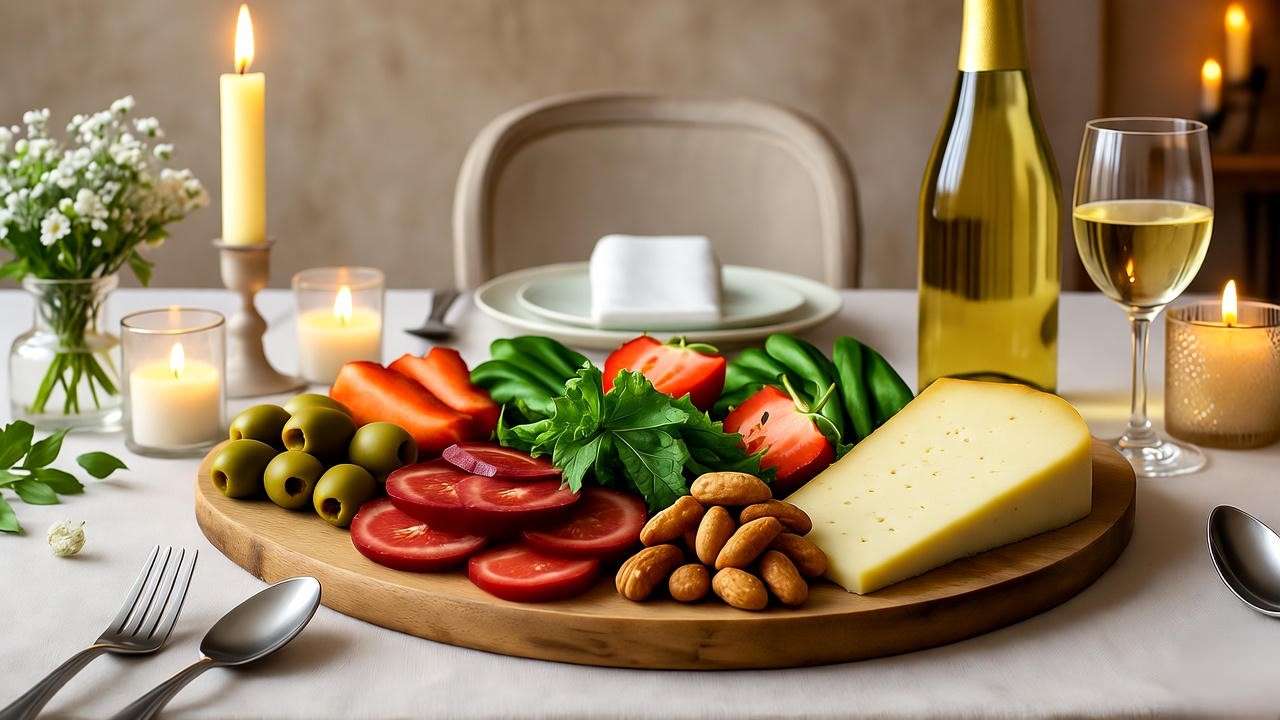
Serving and Storing Wine
To maximize your wine’s flavor, follow these serving and storage tips:
- Serving Temperature: Chill white wines to 45–55°F (7–13°C). Sauvignon Blanc and Pinot Grigio shine at the cooler end, while Chardonnay benefits from slightly warmer temperatures. Use a wine cooler or refrigerate for 2–3 hours before serving.
- Storage: Store unopened bottles in a cool, dark place (50–60°F) to preserve quality. After opening, reseal with a wine stopper and refrigerate, consuming within 2–3 days to maintain freshness.
- Glassware: Use stemmed wine glasses to keep hands from warming the wine. For sparkling wines like Prosecco, opt for flutes to retain bubbles.
Presentation Tips for an Elegant Seder
Elevate your Seder with thoughtful wine presentation:
- Decanting: While most white wines don’t require decanting, a lightly oaked Chardonnay benefits from 15–20 minutes in a decanter to open its flavors.
- Glassware Choices: Pair wines with appropriate glasses—tulip-shaped for Sauvignon Blanc, narrower for Pinot Grigio, and flutes for Prosecco—to enhance aromas.
- Plant-Based Appetizers: Create a kosher, plant-based charcuterie board with marinated olives, roasted nuts, and vegan cheese to complement your wine selection. Pair with Bartenura Prosecco for a festive start.
These touches create a sophisticated, welcoming atmosphere that enhances the Seder’s spiritual and culinary significance.
Common Mistakes to Avoid When Pairing Wine
Overpowering the Dish
A common pitfall is choosing a wine that’s too bold for plant-based chicken. Heavy, oaky wines can drown out delicate flavors like those in herb-roasted tofu. Stick to light or medium-bodied wines, such as Sauvignon Blanc or unoaked Chardonnay, to maintain balance.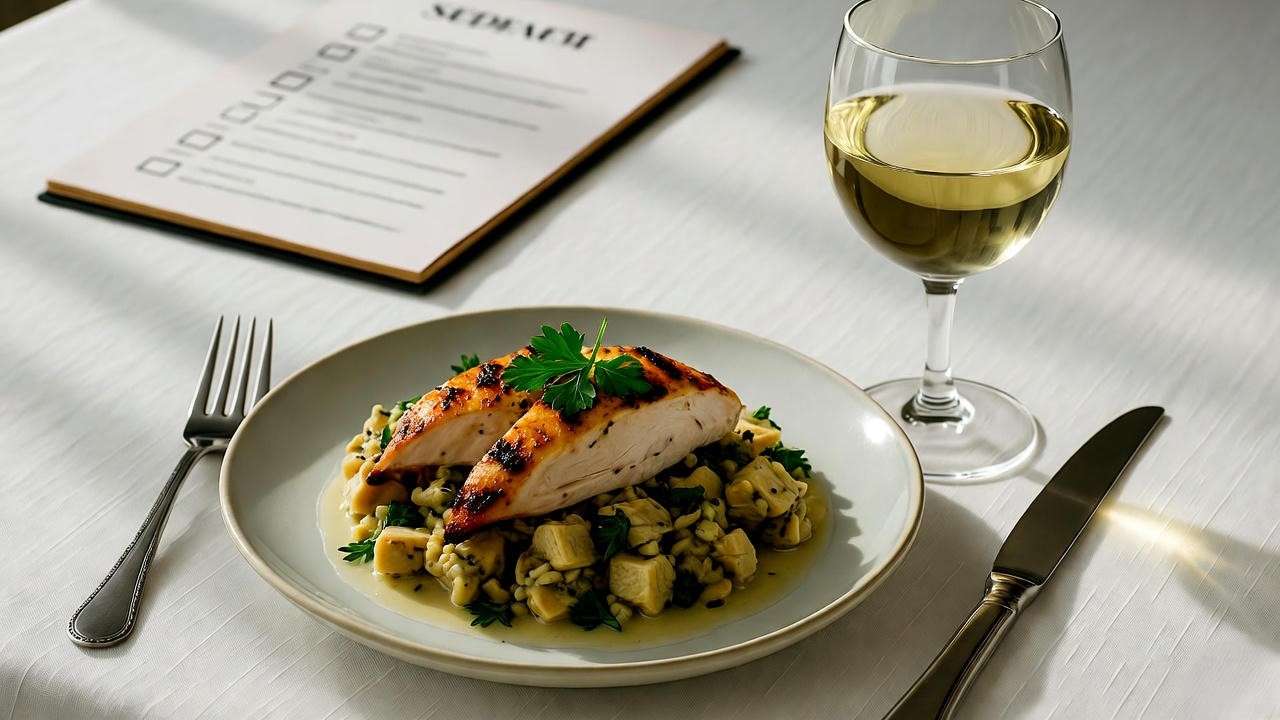
Ignoring Kosher Certification
Using non-kosher or non-Passover-certified wines can disrupt the Seder’s integrity. Always check for the “Kosher for Passover” label and trusted certifications (e.g., OU, OK). For example, Bartenura and Herzog wines are reliable choices that meet these standards.
Neglecting Guest Preferences
Failing to consider your guests’ tastes can lead to a less enjoyable meal. Offer a range of wines—crisp, rich, and sparkling—to cater to diverse palates. For example, provide both a Sauvignon Blanc and a Prosecco to accommodate varied preferences.
Checklist for Perfect Wine Selection:
- Verify kosher-for-Passover certification.
- Match wine body to dish intensity (light wines for light dishes).
- Consider side dishes and guest dietary needs.
- Taste-test wines in advance, if possible, to ensure compatibility.
FAQs About Pairing White Wine with Passover Chicken
Can I use non-kosher wine for a plant-based Passover Seder?
For a traditional Seder, kosher-for-Passover wine is essential to adhere to religious guidelines. Non-kosher wines may be suitable for secular or non-traditional Seders, but always confirm with guests to respect their preferences.
What’s the best white wine for spicy plant-based chicken?
Spicy dishes, like tofu marinated with paprika or chili, pair well with wines that have slight sweetness or high acidity. While not in our main recommendations, a kosher Riesling can work, or opt for a Sauvignon Blanc like Baron Herzog for its crispness.
Are there vegan-friendly kosher white wines?
Most kosher white wines are vegan, as they avoid animal-derived fining agents. Brands like Bartenura and Herzog confirm vegan suitability on their websites or labels, but always verify for peace of mind.
How do I pair wine with plant-based chicken and matzo-based sides?
Matzo dishes, like kugel or matzo balls, have starchy, neutral flavors that pair well with crisp wines like Bartenura Pinot Grigio or a sparkling Prosecco, which complement both the chicken and sides.
What’s a budget-friendly kosher white wine for Passover?
Baron Herzog Sauvignon Blanc and Bartenura Pinot Grigio are widely available, affordable options found at retailers like Total Wine or KosherWine.com, offering great value without sacrificing quality.
Conclusion
Selecting the right white wine for your plant-based Passover chicken transforms your Seder into a culinary and spiritual celebration. From crisp Sauvignon Blanc to aromatic Viognier, the wines recommended here—backed by kosher certifications and expert insights—ensure every bite and sip harmonizes beautifully. By considering your dish’s flavors, cooking methods, and side dishes, you’ll create an inclusive, memorable meal that honors Passover traditions while embracing plant-based eating.
As a plant-based diet expert with a passion for kosher cuisine, I encourage you to experiment with these pairings, share your Seder successes on social media, and explore more plant-based Passover recipes on our site. Here’s to a Seder filled with joy, flavor, and perfect wine pairings!




